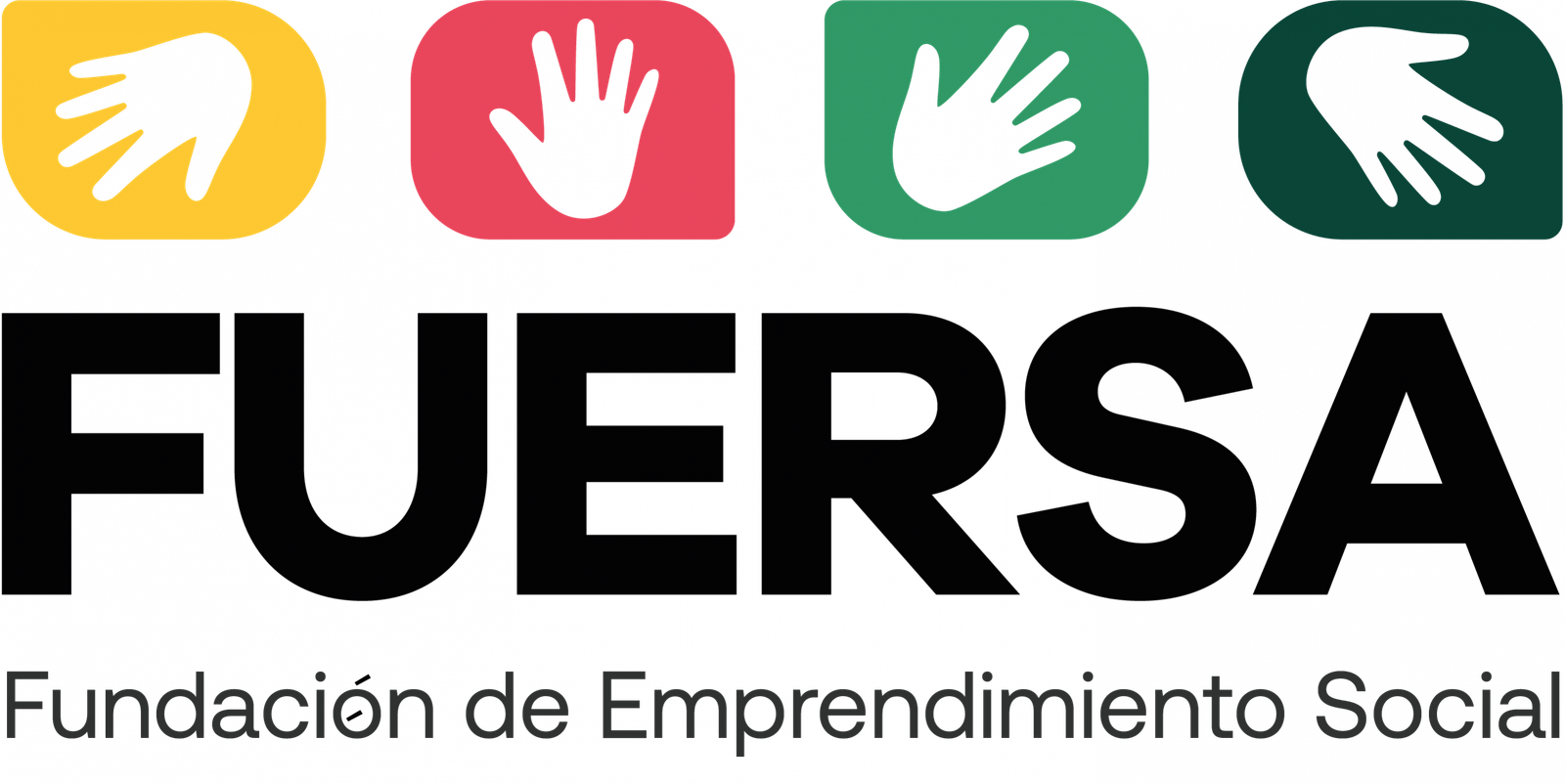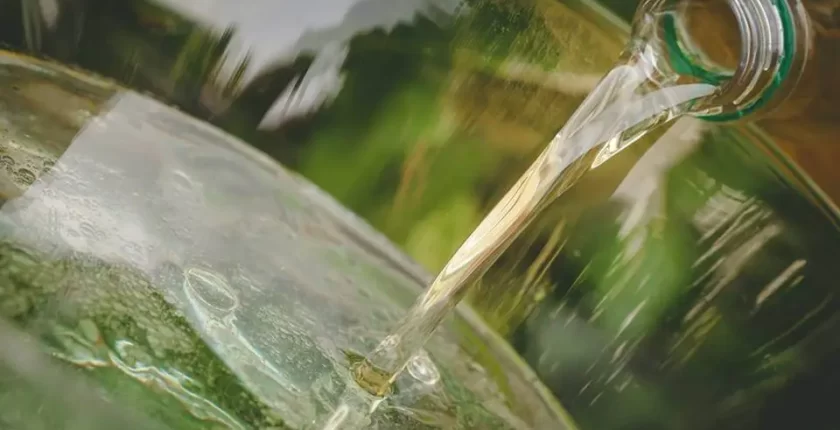Oil is one of the most harmful pollutants for water, both fresh and salt. A single liter of used oil can contaminate up to 40,000 liters of water, which is equivalent to the annual consumption of a person. The oil forms an impermeable layer on the surface of the water that prevents the passage of light and oxygen, affecting aquatic life and water quality.. In addition, oil can clog pipes and cause wastewater overflows that pose a health risk to the population..
The oil can also contaminate the lubricating oil of engines and hydraulic machines, causing corrosion, oxidation and premature wear of components. Water can come into contact with oil due to leaks, condensation, or poorly performed oil changes.. Therefore, it is important to periodically check the level and quality of the lubricating oil and change it when necessary.
Oil can cause various damages to water and lubricated systems. Some of them are:
- Reduce oxygenation and water quality, affecting aquatic species.
- Clog pipes and cause sewage overflows
- Lose lubricating properties and increase wear of parts.
- Cause oxidation and corrosion of metal components.
- Form foam that hinders the operation of the hydraulic system
To avoid these problems, it is recommended to recycle used oil or deposit it in special containers found in some clean points or commercial establishments. This contributes to protecting the environment and saving natural and economic resources.




